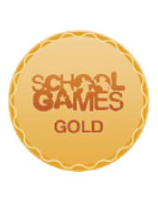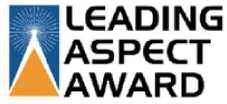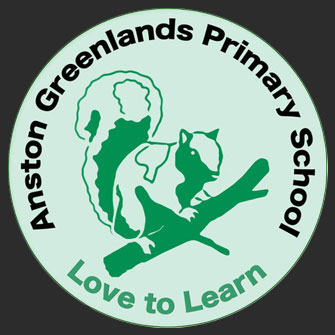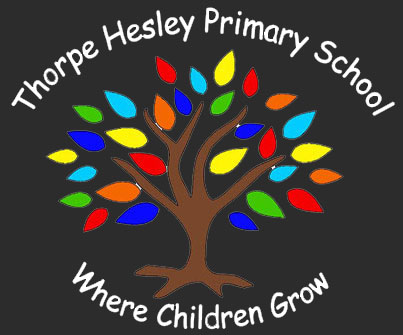The Maths Lead for KS1 is Miss Dobbin, Maths Lead for KS2 is Mrs Cobley and E Taylor for EYFS.
The National Curriculum 2014 states that:
“Mathematics is a creative and highly inter-connected discipline that has been developed over centuries, providing the solution to some of history’s most intriguing problems. It is essential to everyday life, critical to science, technology and engineering, and necessary for financial literacy and most forms of employment. A high-quality mathematics education therefore provides a foundation for understanding the world, the ability to reason mathematically, an appreciation of the beauty and power of mathematics, and a sense of enjoyment and curiosity about the subject.”
Following the introduction of the new National Curriculum, the emphasis has been to ensure that all children:
- Become FLUENT
- Can REASON and EXPLAIN mathematically
- Can SOLVE PROBLEMS
This means that children need to be regularly exposed to opportunities involving increasingly complex problem solving which allows them to apply their maths knowledge. In doing so, they should be encouraged to develop an argument and line of enquiry which they can prove and justify using mathematical vocabulary. This includes the ability to break down problems into a series of steps.
Our Guiding Principles
- understanding maths is a key life skill
- maths should be accessible to all children
- maths should invoke a feeling of enjoyment and challenge
Aims
Our aim is to teach maths in a way that:
- delivers maths in line with the National Curriculum guidelines
- promotes the concept that acquiring mathematical knowledge and skills provides the foundation for understanding the world
- develops mental strategies
- encourages children to use mathematical vocabulary to reason and explain
- ensures that children are secure in their understanding of number and number relationships
- enables children to learn mathematical concepts in a lively, exciting and stimulating environment
- links mathematics to other areas of the curriculum
Policies and Overviews
Power Maths
We have adopted a maths scheme called Power Maths to support our teaching of maths.
What is Power Maths?
Power Maths is a resource that has been designed for UK schools based on research and extensive experience of teaching and learning around the world and here in the UK. It has been designed to support and challenge all pupils, and is built on the belief that EVERYONE can learn maths successfully.
How does this support our approach to teaching?
The philosophy behind Power Maths is that being successful in maths is not just about rote-learning procedures and methods, but is instead about problem solving, thinking and discussing. Many people feel they were taught maths in a way that was about memorising formulas and calculation methods, then having to apply them without any real understanding of what or how these methods actually work. Power Maths includes practice questions to help children develop fluent recall and develop their conceptual understanding. Power Maths uses growth mindset characters to prompt, encourage and question children. They spark curiosity, engage reasoning, secure understanding and deepen learning for all.
How will the lessons work?
Each lesson has a progression, with a central flow that draws the main learning into focus. There are different elements, informed by research into best practice in maths teaching, that bring the lessons to life:
- Discover – each lesson begins with a problem to solve, often a real-life example, sometimes a puzzle or a game. These are engaging and fun, and designed to get all children thinking.
- Share – the class shares their ideas and compares different ways to solve the problem, explaining their reasoning with hands-on resources and drawings to make their ideas clear. Children are able to develop their understanding of the concept with input from the teacher.
- Think together – the next part of the lesson is a journey through the concept, digging deeper and deeper so that each child builds on secure foundations while being challenged to apply their understanding in different ways and with increasing independence.
- Practice – now children practice individually or in small groups, rehearsing and developing their skills to build fluency, understanding of the concept and confidence.
- Reflect – finally, children are prompted to reflect on and record their learning from each session and show how they have grasped the concept explored in the lesson.
When necessary, we will deliver pre teach lessons prior to a Power Maths lessons and plan our own further lessons to address any misconceptions and errors.
What if my child needs a confidence boost, or wants to be challenged further?
Power Maths is based on a ‘small-steps’ approach, sometimes called a mastery approach. This means that the concepts are broken down so that your child can master one idea without feeling over-whelmed. There are a range of fluency, reasoning and problem solving questions in each lesson that are designed to support the different needs and confidence levels within a class, while at the same time fostering a spirit of working and learning together. Each lesson includes a challenge question for those children who can delve deeper into a concept.
KIRFs (Key Instant Recall Facts)
To help develop children’s fluency in the mastery of mathematics, we ask them to learn the Mathematical Super Powers (Key Instant Recall Facts) each half term. We expect children to practise their ‘Mathematical Super Powers’ at least 3 times a week. They should be learnt ‘off-by-heart’ so that children can instantly recall these facts.
The ‘Mathematical Super Powers’ align with the maths mastery curriculum. They are intended to be challenging and it is planned for children to be taught the necessary maths in lessons beforehand.
These ‘Super Powers’ are vital skills and building blocks that children need to call upon instantly to assist their learning in more complex mathematical concepts and the mastery of mathematics as they move through school.
Please click on the link to see the plan of what will be covered, by each year group, each half term.
Please click on your child/children’s year group to view supporting documents for each half term, explaining the ‘Mathematical Super Powers’ and providing ideas and games to play.

















